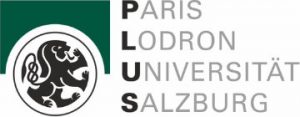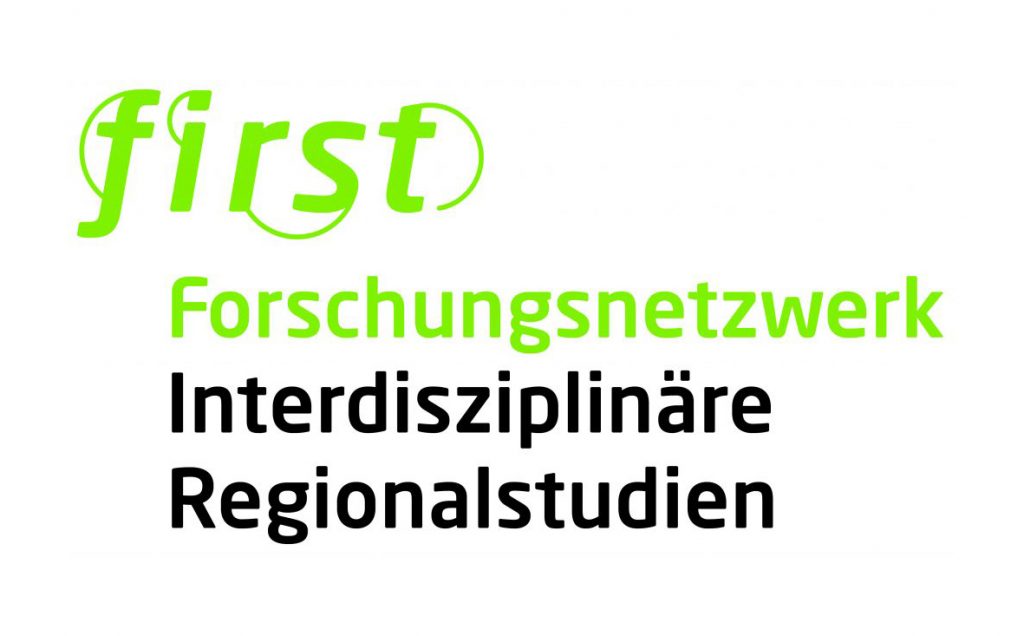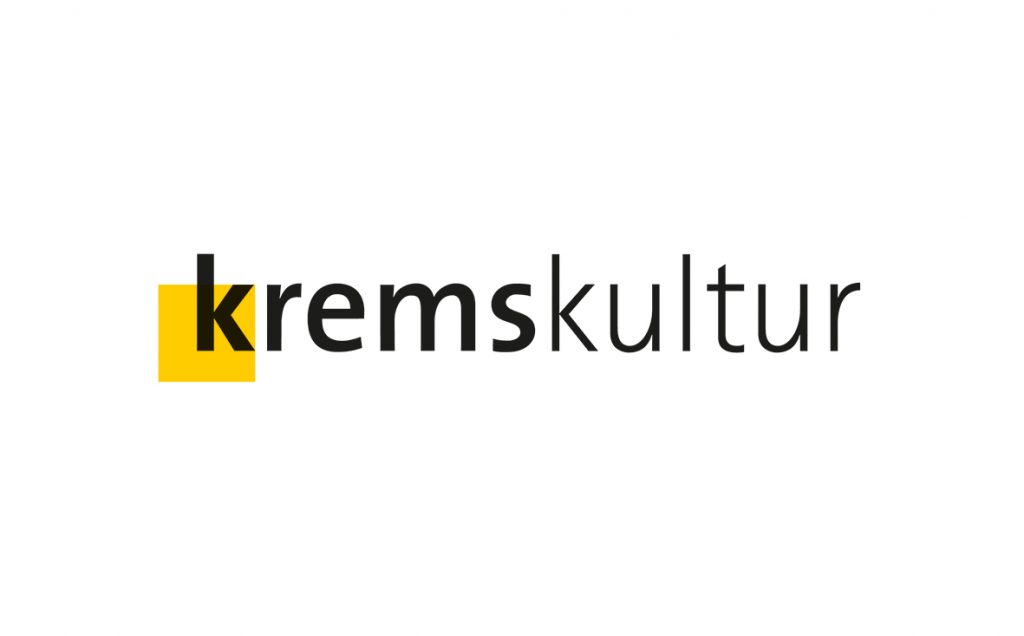
- Home
- Networks
Local – Regional – International
As part of the Interdisciplinary Centre for the Middle Ages and Early Modern Period at the University of Salzburg, IMAREAL is in direct exchange with numerous institutions and research networks.
Organization
University of Salzburg
Since 2012 IMAREAL belongs to the University of Salzburg as a part of the Interdisciplinary Center of the Middle Ages and the Early Modern Times.
Province of Lower Austria
Since its foundation in 1969, the Lower Austrian Provincial Government, Department of Science and Research, has participated financially in the Institute’s resources.
City of Krems
Since 1969, the municipality of Krems an der Donau has provided the IMAREAL with premises in the building of the cultural office in the former Dominican monastery and has contributed to the financial ressources of the institute.
Cooperation in research consortia
first
The research framework Interdisciplinary Regional Studies (first) brings together six humanities, social sciences and cultural studies institutes based in Lower Austria:
Institut für jüdische Geschichte Österreichs | Institut für Geschichte des ländlichen Raumes | Ludwig Boltzmann-Institut für Kriegsfolgen-Forschung/Außenstelle Raabs | Zentrum für Migrationsforschung | Ilse Arlt-Institut für Soziale Inklusionsforschung | University for Continuing Education, Department for Arts and Cultural Studies Institute for Medieval and Early Modern Material Culture.
Among other things, this framework, made possible by fundings of the Province of Lower Austria aims to increase the existing research potential through cooperation between institutes and disciplines, participation in national and international research funding awards and thus to improve the visibility of humanities and cultural studies research in Lower Austria. Presently IMAREAL is involved in the first-Research Group “Regionalities“, currently represented by Sabine Miesgang.
Framework management is based at the University for Continuing Education Krems.
CARMEN
Cooperative for the Advancement of Research through a Medieval European Network
Long-term project cooperations
ONAMA
With ONAMA, the “Ontology of the Narratives of the Middle Ages", a two-year cooperation project between the Mittelhochdeutsche Begriffsdatenbank (MHDBDB, University of Salzburg) and IMAREAL started on March 1, 2018. The aim of the project is to develop a semantic web ontology as a digital tool for the analysis of imaginative potential and narratological patterns in medieval literature and images.
The project is funded by the Austrian Academy of Sciences go!digital.
Lower Austrian Castle Database
Since 1998, the IMAREAL has been collaborating with institutions of the Province of Lower Austria, the University of Vienna and the City Archaeology of Vienna on a complete documentation of the medieval aristocratic residences on the territory of the present-day Province of Lower Austria.
The Lower Austrian Castle Database is linked to the European Castle Database EBIDAT of the European Castle Institute in Braubach am Rhein (Germany) via several EU-funded cooperation projects.
Abteilung Wissenschaft und Forschung des Amtes der Niederösterreichischen Landesregierung
Verein für Landeskunde von Niederösterreich
Niederösterreichisches Landesarchiv
Vienna Institute for Archeological Science (VIAS)
Stadtarchäologie Wien
REALonline
The relaunch of the digital image database REALonline was realised togehter with LOVE-IT and complement in Graz.
The data of REALonline can also be accessed via Europeana the Österreichischer Kulturpool.






